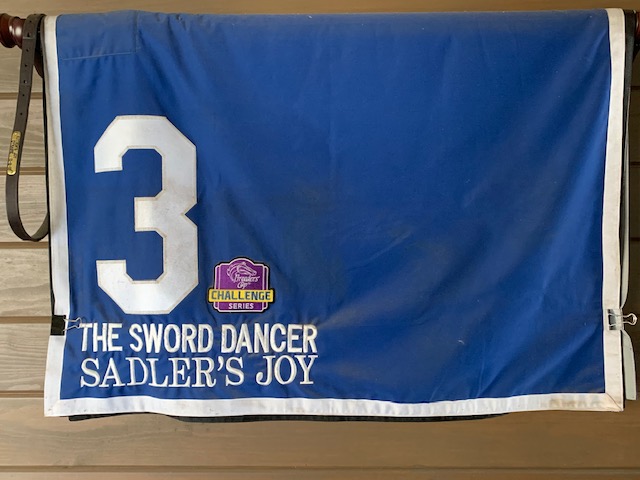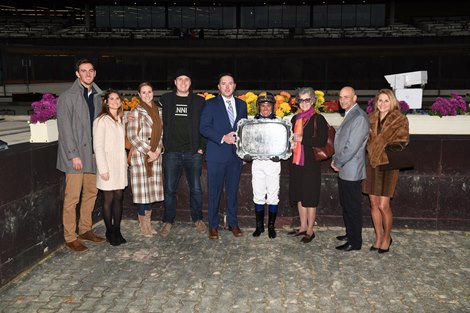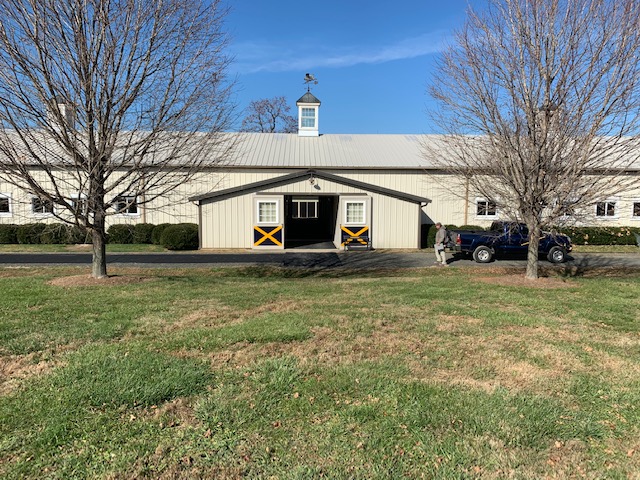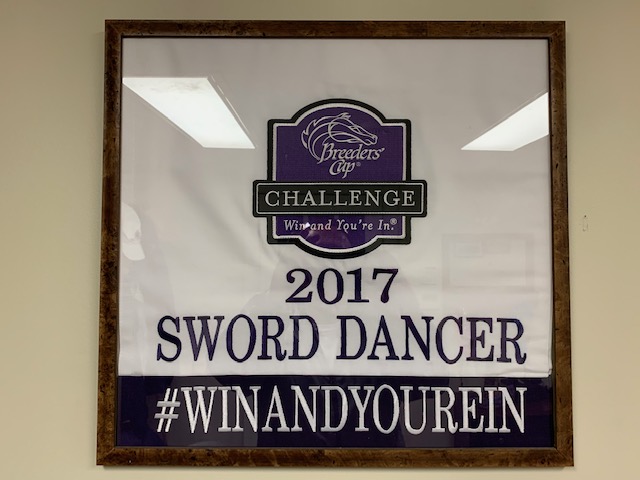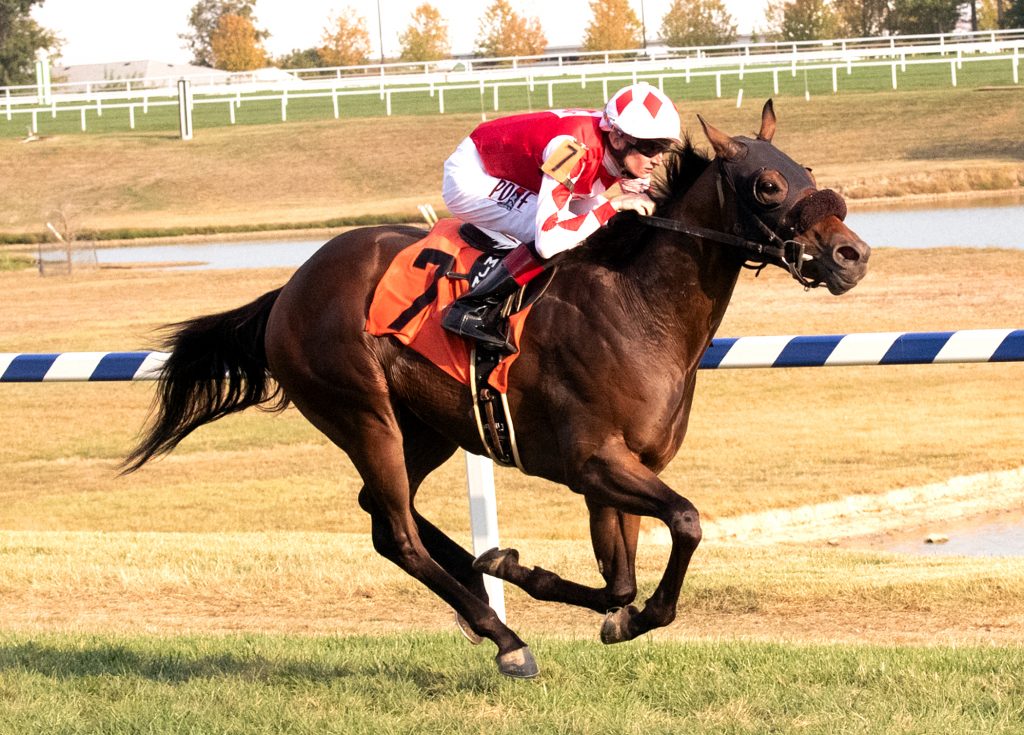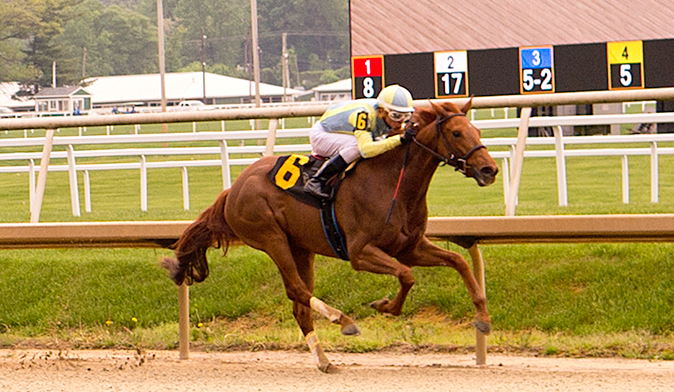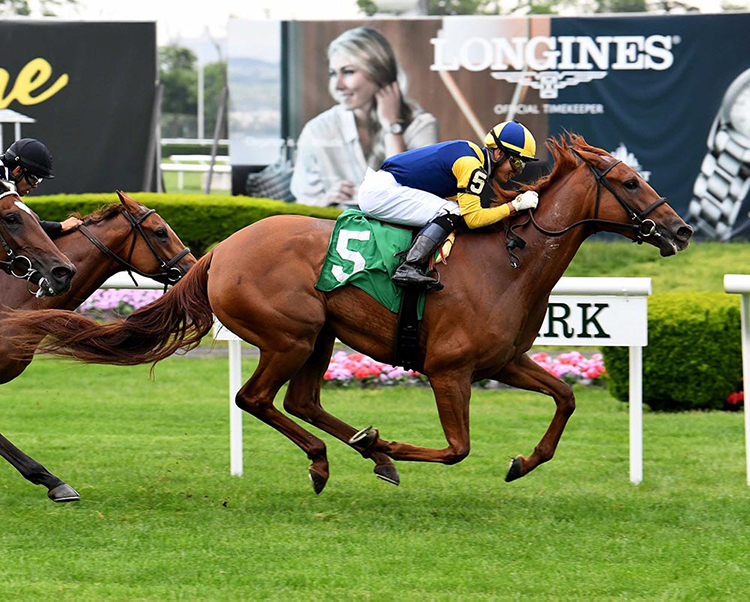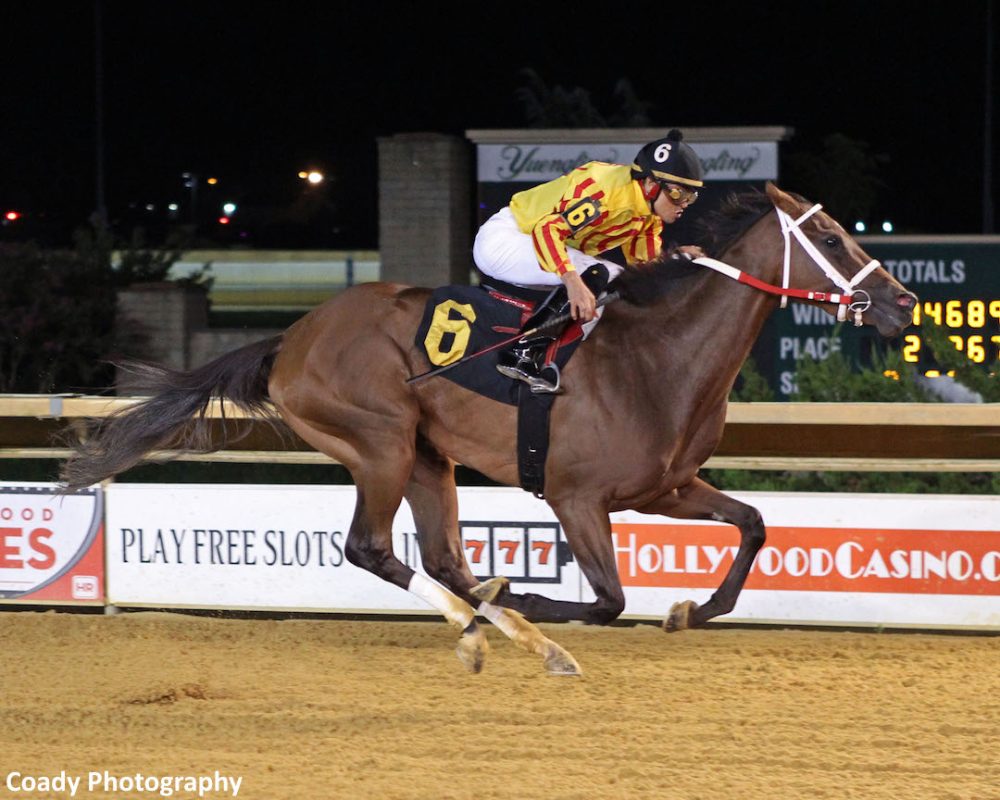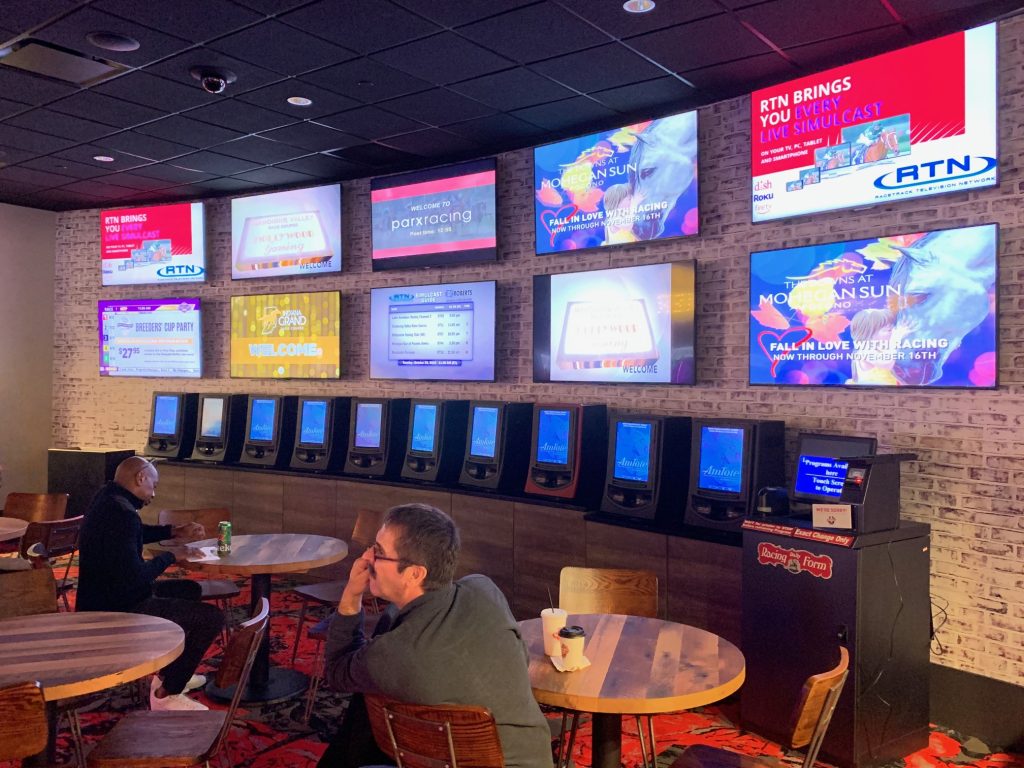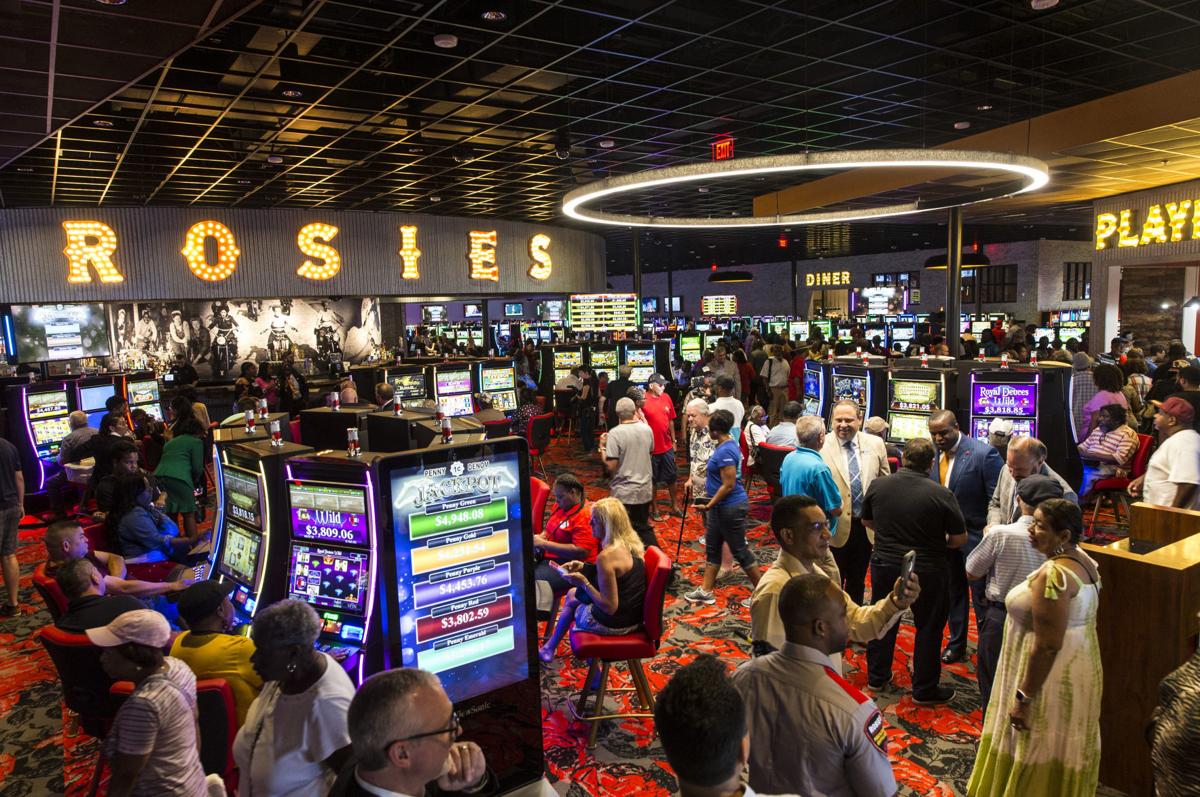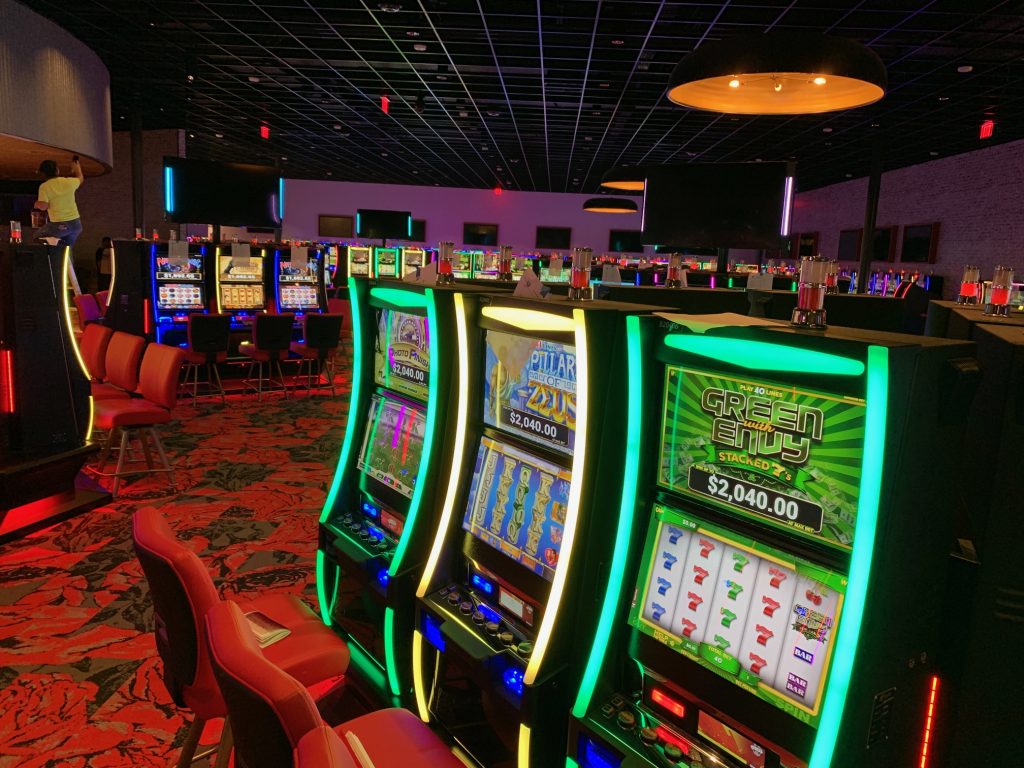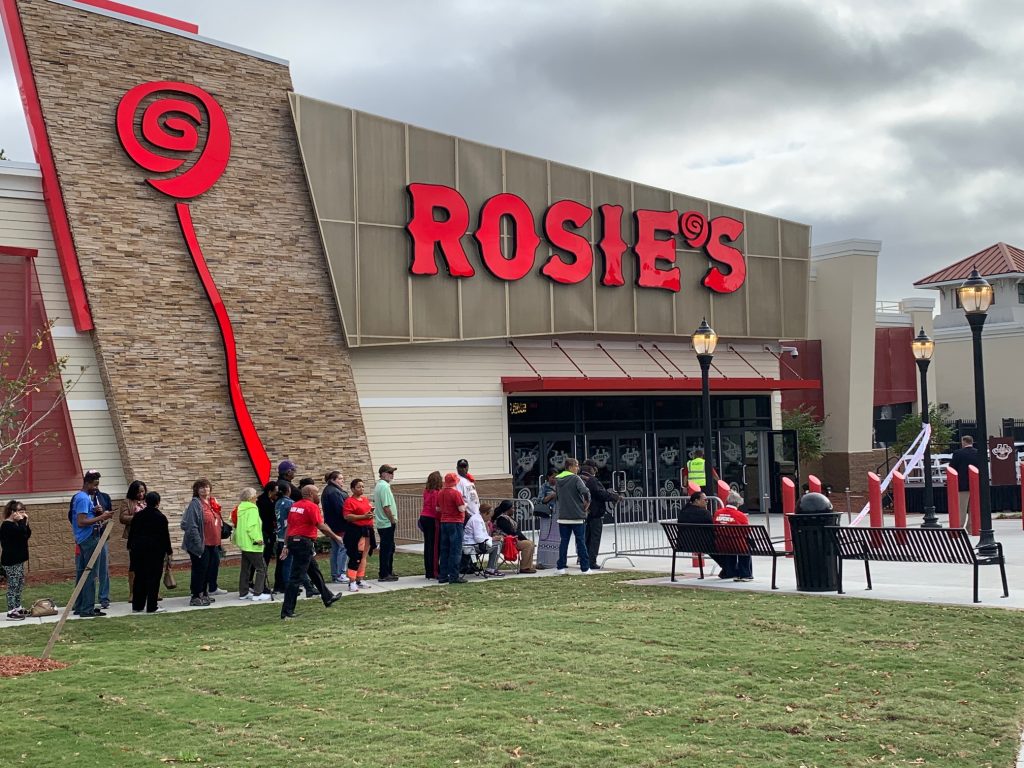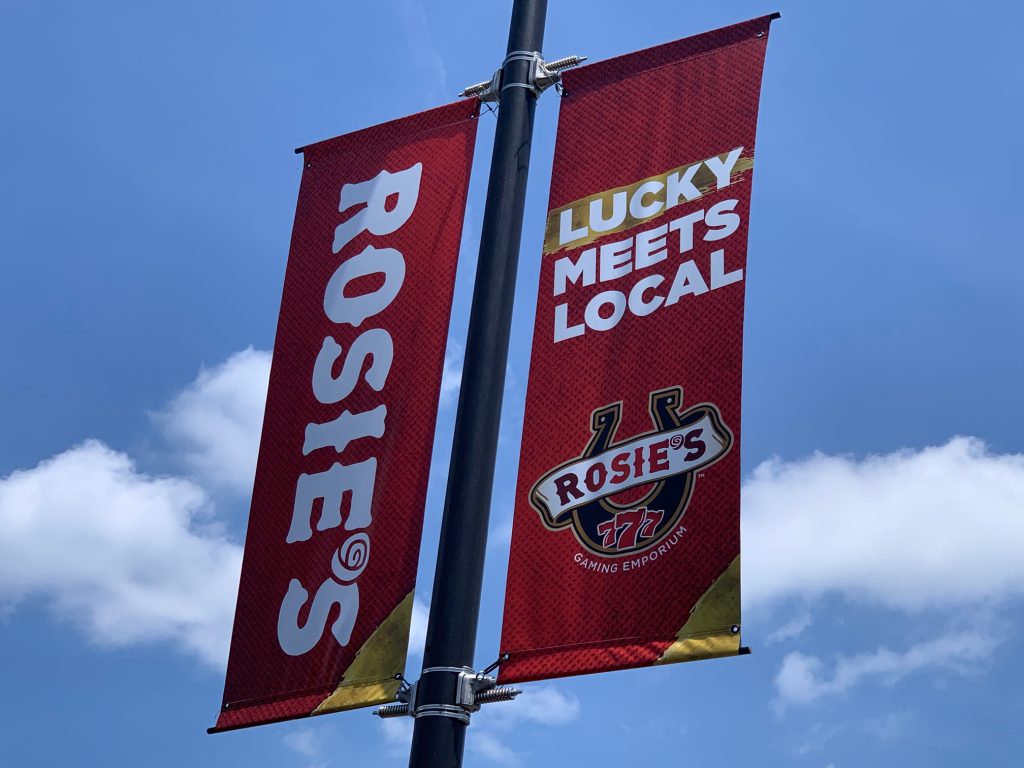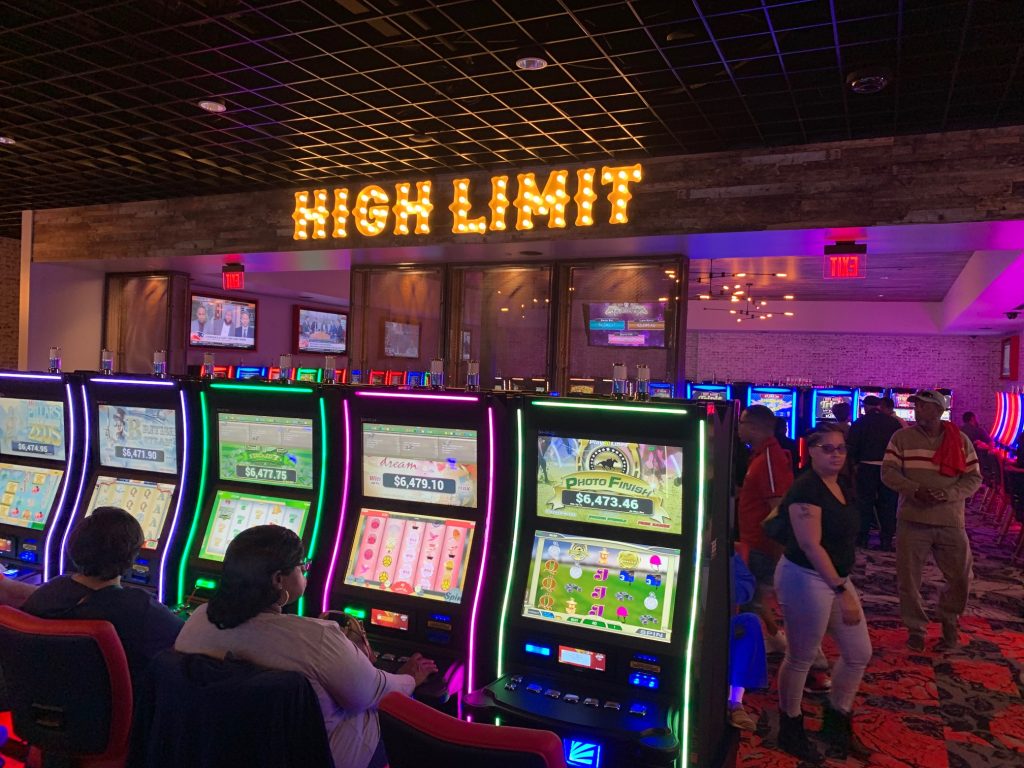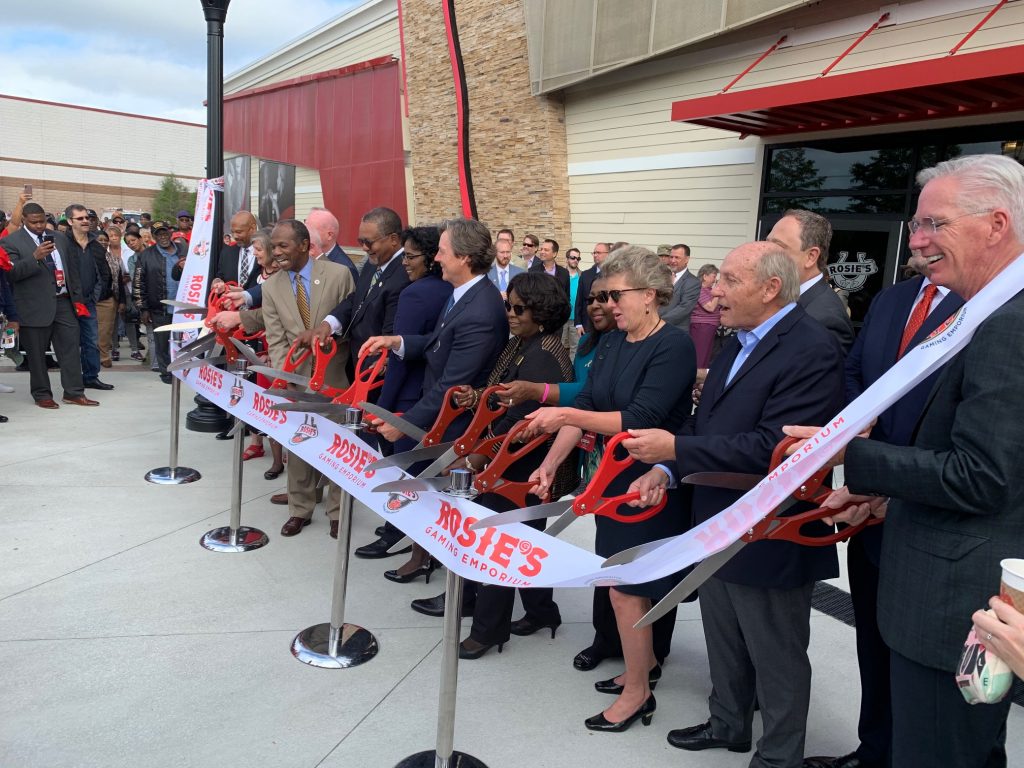On Monday November 25, the Joint Legislative Audit And Review Commission heard a briefing entitled “Gambling In The Commonwealth” presented by The Innovation Group, a consulting company hired to prepare and present the report. The study mandate was to estimate the fiscal and economic impacts of new forms of gaming, to access impacts on existing forms of gaming (lottery, horse race wagering, charitable gaming), to examine current and potential governance, regulatory and administrative structures for additional forms of gaming, and to review casino gaming laws in other states.
In brief, the report noted casinos authorized in SB 1126, sports wagering and online casino gaming are projected to generate nearly $370 million in net state revenue, accounting for impacts to other forms of gaming and new administrative costs.
Lottery and charitable gaming are projected to experience small declines in proceeds, but the impact on horse racing revenue would be substantial.
The following article appeared in the Richmond Times Dispatch November 26 and was written by Michael Martz.
Casino gambling would be profitable for Virginia and localities, such as Richmond, where they could be built, but the state faces plenty of risks — from a surge in gambling addiction to a potentially devastating blow to existing gaming operations tied to the state’s horse-racing industry — according to a long-awaited legislative study of state gaming options.
The study by the Joint Legislative Audit and Review Commission estimated that, collectively, Virginia could gain $262 million annually in gaming tax revenue from five potential casinos, including one in Richmond that would generate almost one-third of the revenue and about 3,000 of the estimated 10,000 jobs that would be created.
The profits could be much higher, depending on the tax rate and whether a casino were to be built in Northern Virginia, which the study said would generate an additional $155 million in annual state gaming tax revenue and create an additional 4,400 jobs.
The commission had barely finished a two-hour review of the 10-month study on Monday when warning flares went up from Colonial Downs, owner of a horse track in New Kent County and four existing gaming emporiums that could lose business to casinos, and from the Pamunkey Indians, whose tribal sovereignty gives them the option of operating a casino under federal rather than state law.
“The Pamunkey Tribe has been marginalized for centuries and deserve some protections as they seek to gain financial independence and improve the lives of their members,” said spokesman Jay Smith, who added that the study recommendations “do not sufficiently protect Virginia’s only tribe with federal gaming rights.”
Colonial Downs, owner of Rosie’s “historical horse racing” parlors in Richmond and three other localities, said the opening of five or more casinos without an opportunity to compete for the licenses would “lead to job losses and a loss of tax revenue for localities and the state” by undermining a new industry that’s invested $300 million in Virginia in the last two years.
“This would send a terrible message to other job creators and capital providers looking to invest in Virginia,” spokesman Mark Hubbard said.
The study — which also considers sports betting, online gaming and currently unregulated slot-like video machines — appeared to diminish the appetite of some legislators to approve sweeping changes to Virginia gaming laws in a General Assembly session that will convene in January with new Democratic majorities in both chambers.
Senate Majority Leader Tommy Norment, R-James City, one of the authors of the legislative compromise that ordered the study, suggested that the legislature might be wise to “move incrementally” because of the complexity of the issues and the new political reality that the Nov. 5 elections created.
JLARC conducted the study with the help of two national consultants, The Innovation Group and Regulatory Management Counselors, to determine the potential tax and economic benefits of legalizing casino and other forms of gambling in Virginia. It also looked at the critical details of licensing and regulating the operations, helping people with gambling addiction, and protecting existing gaming operations, including the Virginia Lottery.
The lottery, for example, generated more than $600 million for K-12 public education in the last fiscal year but says its profits already are being reduced because of competition from thousands of unregulated, unlicensed and untaxed video machines that their operators say are legal because winning depends on skill rather than chance.
Norment, who has fumed at the reports that the machines would cost the lottery $140 million a year, said that “there’s going to be an unidentified senator who is going to put in legislation to prohibit and ban them.”
The lottery has said that the Rosie’s historical horse-racing parlors, which feature video machines that look like slots but run on the results of past races, pose much less of a financial threat than the so-called “skill machines.” Casino gaming would cost the lottery an estimated $30 million a year, the study said.
However, five potential casinos — in Richmond, Norfolk, Portsmouth, Danville and Bristol, as envisioned by legislation adopted this year to order the study — would reduce live-racing purses by $9 million a year. Colonial Downs would see a 45% reduction in what is now almost $300 million in annual revenues from historical horse-racing gaming parlors.
Colonial Downs is expected to open at least one more Rosie’s operation, and voters in Danville and Dumfries — a town in Prince William County — agreed in referendums earlier this month to allow historical horse racing in their localities. Norment suggested that Colonial Downs is creating a statewide footprint for gaming parlors that could become casinos.
However, that would depend on legislation that would require a competitive selection process for awarding casino licenses to maximize the revenue benefits and minimize risks, as the JLARC report recommends. The study also suggests that Virginia require the state to hire an independent consultant to evaluate the fiscal and economic benefits of casino proposals before choosing winners.
A competitive selection process could establish criteria, including a preference for tribal ownership, that could be evaluated by a special committee that JLARC staff recommended for considering competitive casino proposals. The state would run the process with help from affected localities, the study said.
“I think the state would be remiss if it did not include local input,” JLARC Associate Director Tracey Smith told the commission.
However, the Pamunkeys want any evaluation process to protect their rights as a federally recognized tribe. “We look forward to working with the General Assembly and the Governor to ensure adequate protections are in place for the Pamunkey Tribe,” Jay Smith, the tribe’s spokesman, said in a statement.
The study recommends the lottery as the most capable and least costly way to regulate casinos and other new forms of gaming. However, Family Foundation President Victoria Cobb, a fierce opponent of expanded gambling, said using the lottery “would only ensure that state government has a vested interest in promoting harmful and irresponsible gambling in perpetuity.”
Problem gambling would increase with casinos and other new forms of gaming, according to the study, which said the state has little funding to pay for prevention and treatment of gambling addiction. It said the state could use gaming revenue to pay for services that the Department of Behavioral Health and Developmental Services could administer.
The study was limited to the five cities specified in legislation this year for potential casinos, although Northern Virginia was added at the insistence of House of Delegates leaders who wanted a statewide evaluation of potential sites and their relative benefits.
Successful casinos, each with a minimum $200 million capital investment, could be built in all of those localities, said Tracey Smith, who oversaw the staff study. “This doesn’t necessarily mean that those are the best localities.”
Norment, who had preferred to limit the study’s scope, replied, “Just because we specified some of those within the legislation, there should not be an assumption that we really had the expertise to know what we were doing.”


